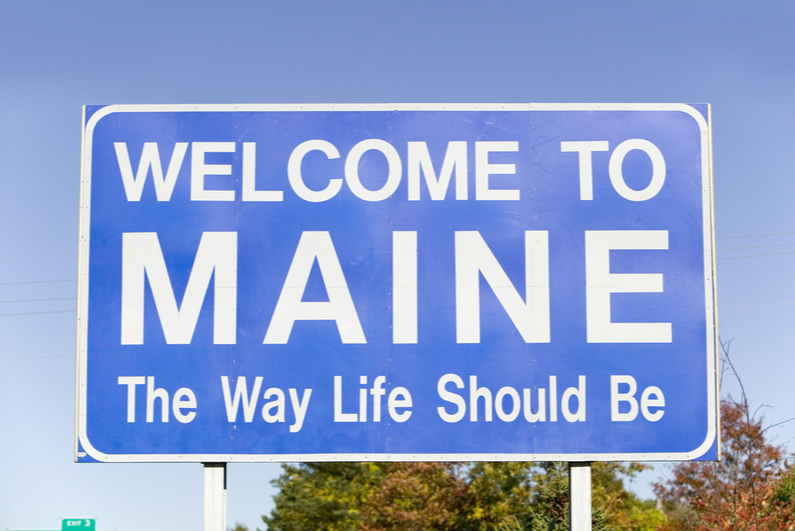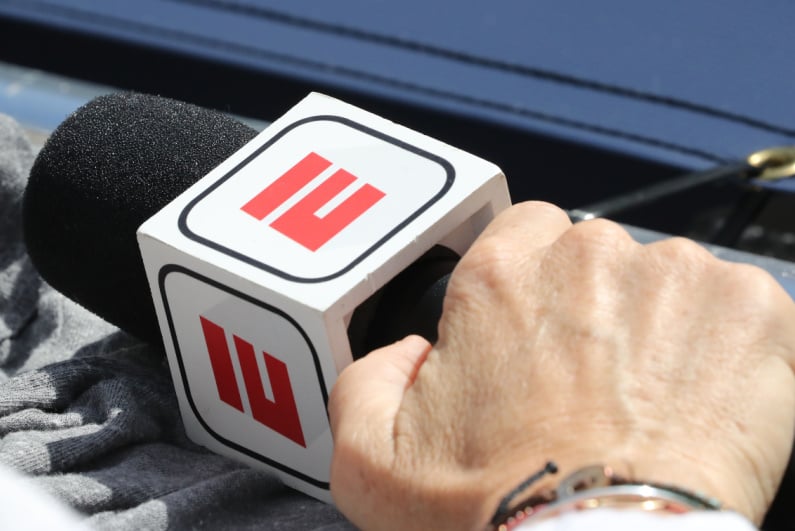LD 585 signed into law
Maine has become the 34th state to legalize sports betting in the US after Governor Janet Mills signed LD 585 into law.
first US state in 2022 to legalize sports betting
Gov. Mills signed the bill Monday. The next day, the American Gaming Association took to Twitter to share the news that Maine had become the first US state in 2022 to legalize sports betting:
While LD 585 allows for commercial retail sports betting, it makes mobile wagering exclusive to Maine’s four federally recognized tribes. The Maliseet, Mi’kmaq, Penobscot, and Passamaquoddy tribes can each set up their own mobile sportsbook or ink deals with operators.
The ten retail sports wagering licenses meanwhile, will go to Maine’s state-licensed casinos, horse tracks, and off-track betting facilities.
Maine’s 90-day period for the legislation to become effective means the legal betting market could launch late July or early August.
A step forward for tribes
The Governor’s bill made good progress through the legislature in April to arrive at Monday’s juncture. News Center Maine cited Gov. Mills who described the new law as “the most significant tribal bill in decades.” In addition to legalizing betting, LD 585 also formed part of a wider bill addressing the sovereignty of the four Wabanaki Nation tribes.
incentivizes investment in tribal communities”
“This law provides meaningful economic opportunities for the Wabanaki Nations,” Mills said in a statement. She added: “It incentivizes investment in tribal communities, and it formalizes a collaboration process on policy that sets the foundation for a stronger relationship in the future.”
The bill, however, fell short of giving the tribes the sovereignty they were pushing for. Current reservations in Maine mean tribes are treated like municipalities and subject to state law. A separate failed proposal would have given Maine’s tribal groups the same rights as other federally recognized tribes.
Mobile monopoly and license fees
As mobile sports betting will account for around 85% of Maine’s sports betting market, the tribes’ monopoly has drawn criticism. In March, the owner of Lewiston’s Winners Circle Off-Track Betting, Jim Day, said that excluding retail locations from mobile sports betting “doesn’t give a level playing field.”
Mobile licenses will cost the tribes $200,000 each
At least Day’s horse racing business won’t need to break the bank to pay license fees. All licenses are valid for four years and cost retail operations only $4,000 each. Mobile licenses will cost the tribes $200,000 each. Supplier and management service licenses come at $40,000 apiece.
In addition, LD 585 mandates a 10% tax on sports betting revenue, not on gross revenue. The state also permits a deduction of promotions and federal excise tax payments from taxable revenue.




